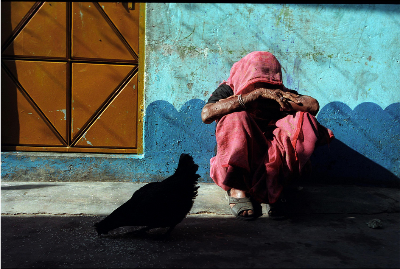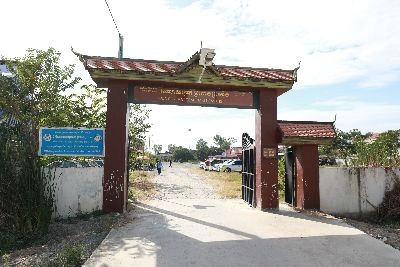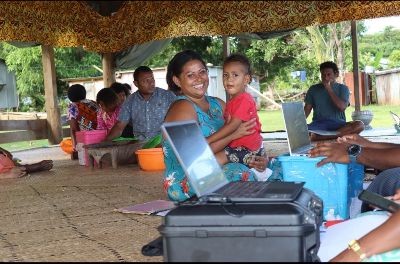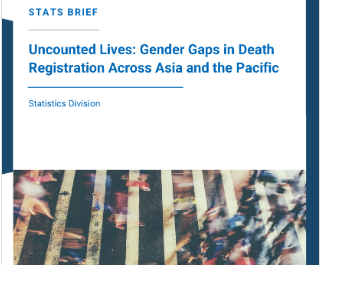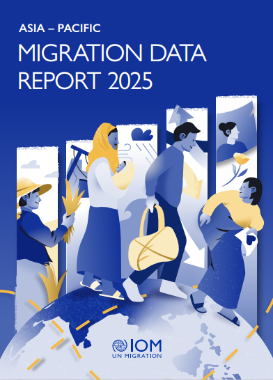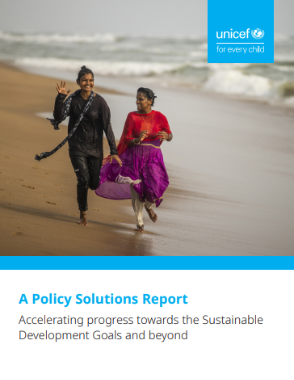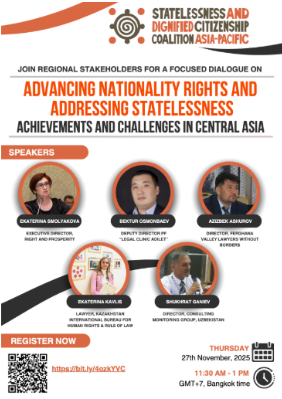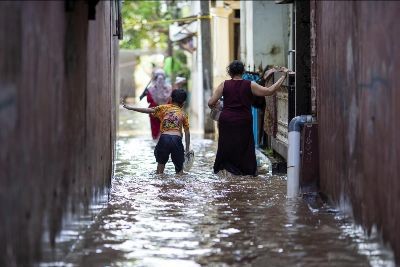On 19 September 2017 in New York, the International Labour Organization launched two seminal reports: Global Estimates for Child Labour: Results and Trends, 2012 – 2016 and Global Estimates of Modern Slavery: Forced Labour and Forced Marriage. Following the multi-year, collaborative research project conducted with Alliance 8.7 Members, the Walk Free Foundation and the International Organization for Migration, the reports reveal what the ILO deems the “true scale of modern slavery around the world”. Notably, the Child Labour report highlights the importance of birth registration, specifically as it pertains to building a policy response to child labour for the road forward.
First, the report emphasizes that, “Free and compulsory education of good quality up to the minimum age for admission to employment is a key tool in ending child labour”, but also notes that the cost to the family is one of the primary barriers preventing educational access for children. In response, the report stresses the need for investment in child education and singles out the link between cash transfers, non-means-tested benefits, and birth registration as a viable method for offsetting “the indirect cost of children’s time in school”.
Second, the report acknowledges poverty, risks, and shocks to the family as the primary drivers behind child labour and says that “social security is critical to mitigating these vulnerabilities”. After emphasizing public employment programmes, health protections, unemployment protections, and basic income security as the basis for a well-designed social security system, the report ultimately concludes that “Birth registration, itself a key human right, is an essential starting point for ensuring coverage in all of these areas”.
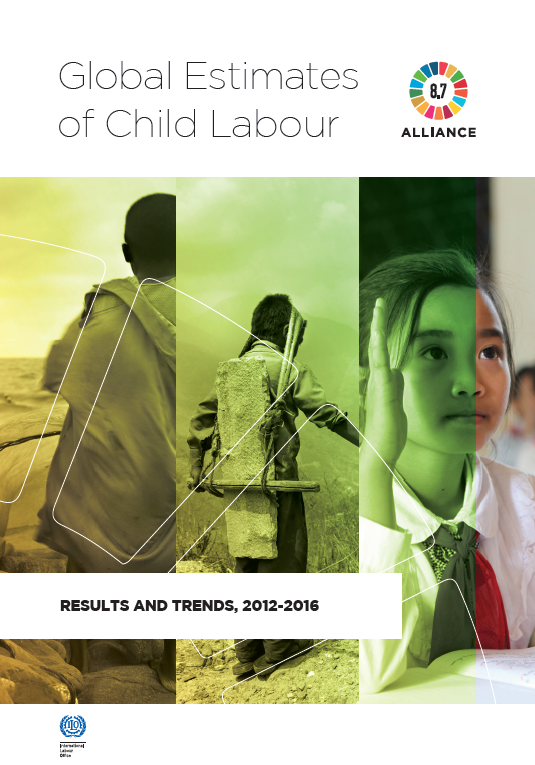
More News
Photo credit: UNHCRBangladesh is taking steps toward strengthening its civil registration system as…
Photo credit: General Department of Identification, Ministry of Interior, CambodiaCambodia is…
Fiji is undertaking its first comprehensive review of civil registration and vital statistics (CRVS…
Brunei has taken a major step in its digital transformation agenda with the soft launch of BruneiID…
The Economic and Social Commission for Asia and the Pacific (ESCAP) is hosting the next Stats Café…
In an era where data drives decision-making, the lack of complete and accurate death registration—…
The International Organization for Migration (IOM) Regional Data Hub for Asia and the Pacific has…
UNICEF is calling on governments and development partners to accelerate efforts toward universal…
The Statelessness and Dignified Citizenship Coalition – Asia Pacific (SDCC-AP) is organising their…
Vital Strategies and the Center for Global Digital Health Innovation at the Johns Hopkins Bloomberg…


